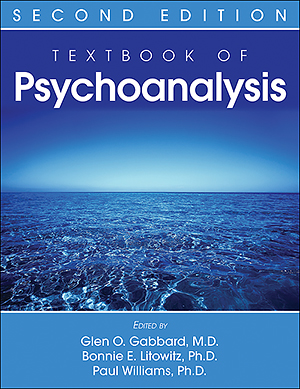Sections
Excerpt
In the period of psychic turmoil after his father’s death in 1896, Freud engaged in an activity of profound self-questioning that led to the establishment of a new discipline that provided him with much-needed resources: a livelihood and professional identity, accompanied by a sense of personal mission or destiny. As a medical scientist trained in the field of neurology, Freud considered his achievement to be scientific, universally applicable, and valid across time. I prefer to call attention to the ways in which it may be viewed as a form of literary endeavor. Such an approach, while limiting some paths of investigation of the relations between psychoanalysis and literature—fields too broad to examine in the totality of their interactions—will, I believe, illuminate one important aspect of their inter--involvement over the course of the 20th century: the construction of personal subjectivity.
Access content
To read the fulltext, please use one of the options below to sign in or purchase access.- Personal login
- Institutional Login
- Sign in via OpenAthens
- Register for access
-
Please login/register if you wish to pair your device and check access availability.
Not a subscriber?
PsychiatryOnline subscription options offer access to the DSM-5 library, books, journals, CME, and patient resources. This all-in-one virtual library provides psychiatrists and mental health professionals with key resources for diagnosis, treatment, research, and professional development.
Need more help? PsychiatryOnline Customer Service may be reached by emailing [email protected] or by calling 800-368-5777 (in the U.S.) or 703-907-7322 (outside the U.S.).



